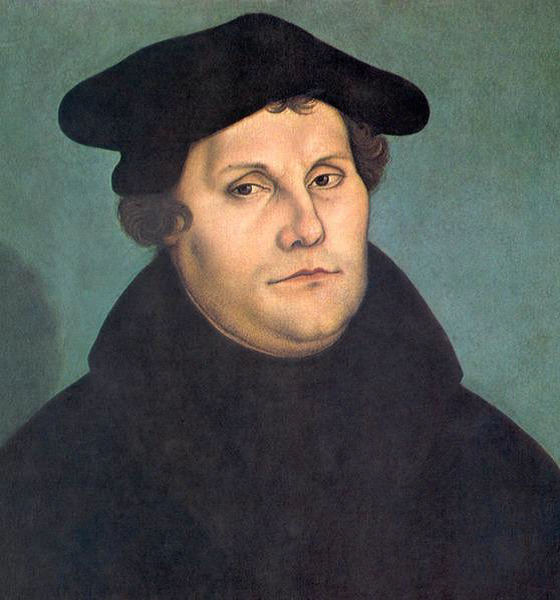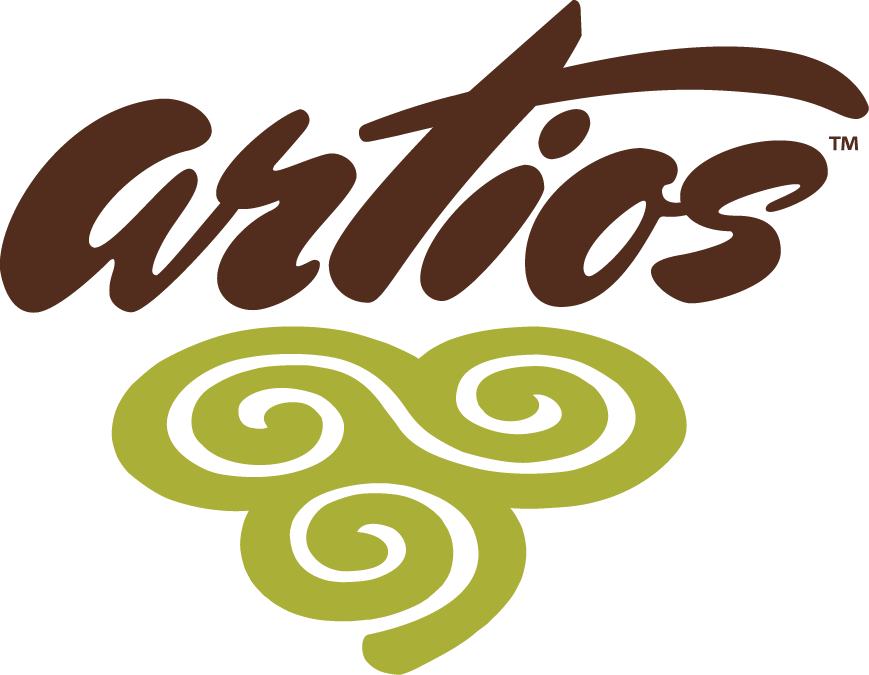[precontent]
[one_third]
Unit 26: The Beginning of the Reformation
[dropcap type=”box”]”E[/dropcap]verything in the Renaissance did not make for good. It led towards freedom, but it also led towards godlessness and license. But born of the same desire for truth, led by the same spirit of liberty, helped by the printing press, even as the new learning was helped, another movement grew and spread. This was the Reformation.” H.E. Marshall, The Story of Europe
[/one_third]
[two_third_last]

[/two_third_last]
[/precontent]
[three_fourth]
[box]
[box]
[box_header]
Unit 26 [flag bg_color=”#d6e3bc” text_color=”#9d241a”]Elementary [/flag]
[/box_header]
[box_content]
Unit Overview
- Subjects Covered
- Grammar, Literature, Competition, History
- Time Period
- Medieval – Renaissance
- Grade Level
- Elementary: 1-6
- Civilization
- English
- Literature
- Master Cornhill
[/box_content]
[box_content]
Unit Description
“Everything in the Renaissance did not make for good. It led towards freedom, but it also led towards godlessness and license. But born of the same desire for truth, led by the same spirit of liberty, helped by the printing press, even as the new learning was helped, another movement grew and spread. This was the Reformation.” H.E. Marshall, The Story of Europe
[/box_content]
[box_content]
Leading Ideas and Biblical Principles
[list type=”arrow”]
- Beware lest any man spoil you through philosophy and vain deceit, after the tradition of men, after the rudiments of the world, and not after Christ. — Colossians 2:8
- And ye shall know the truth, and the truth shall make you free. — John 8:32
- You, my brothers, were called to be free. But do not use your freedom to indulge the sinful nature; rather serve one another in love. — Galatians 5:13
- Live as free men, but do not use your freedom as a cover-up for evil; live as servants of God. — I Peter 2:13
- [/list][/box_content][box_content]
Key Events, People, and Topics.
- Martin Luther
- John Tetzel
- Leo X
- Charles V
- Confession of Augsburg
- Diet of Worms
- Diet of Augsburg
[/box_content]
[/box]
[box]
[box_header]
Unit 26 Resources: [flag bg_color=”#d6e3bc” text_color=”#9d241a”]Elementary[/flag]
[/box_header]
[box_content]
[button id=”1″ link=”https://www.artioshcs.com/wp-content/uploads/2016/07/Unit-26-History-Elementary-Medieval-Renaissance.pdf” linking=”new-window” size=”medium” type=”simple” title=”maps”]Download History Unit[/button]
[button id=”1″ link=”https://www.artioshcs.com/wp-content/uploads/2016/07/Literature-Units-25-28-Elementary-Medieval-Renaissance.pdf” linking=”new-window” size=”medium” type=”simple” title=”maps”]Download Language Arts Unit[/button]
[/box_content]
[box_content]
[/box_content]
[box]
[tab_title]Resources[/tab_title]
[tab_content]
VIDEOS ON THIS WEBSITE SHOULD BE PREVIEWED BY PARENTS BEFORE ALLOWING STUDENTS TO WATCH VIDEOS. SOME VIDEOS MAY CONTAIN INFORMATION ON SENSITIVE TOPICS.
Additional Maps:
Lutherans and Roman Catholics in Europe
Complementary Sources:
Martin Luther’s Ninety-Five Theses
Videos:
[/tab_content]
[tab_title]Arts[/tab_title]
[tab_content]
Some Composers:
Sacred Music During the Reformation
[/tab_content]
[/box]

Leave a Reply
Want to join the discussion?Feel free to contribute!